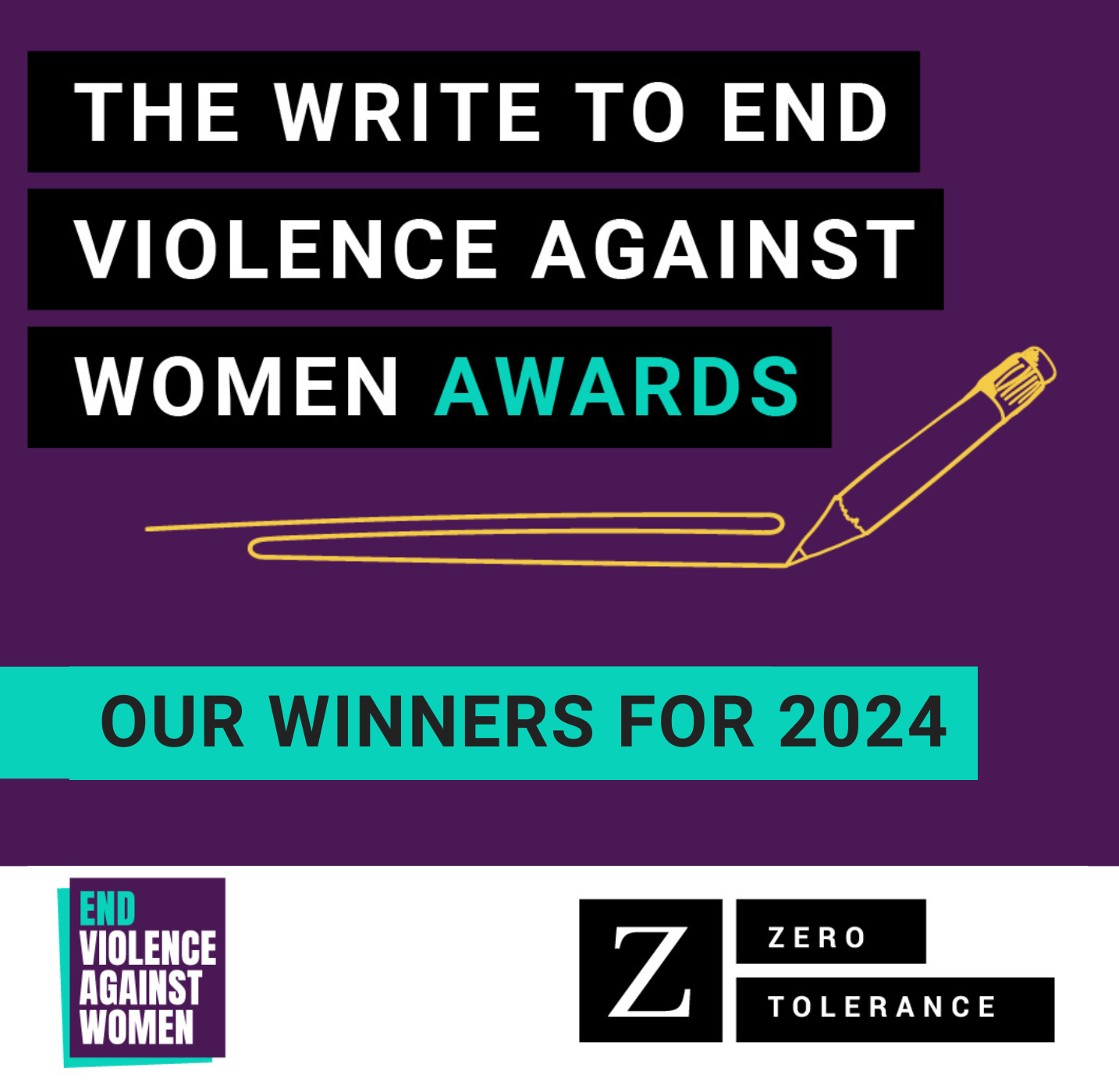 12 Dec
12 Dec
Yesterday (23rd March 2022), the Chancellor of the Exchequer delivered his Spring Statement for 2022, as the UK faces a ‘cost of living crisis’ and the prospect of the biggest fall in living standards in a single year since records began.
The End Violence Against Women Coalition is alarmed by what these increasingly challenging economic conditions will mean for women and girls, with very little offered for those on the sharpest edge of the cost of living crisis. Gender inequality, including wider economic inequality, is both a cause and consequence of violence against women. We are concerned that the government’s proposals will widen, rather than reduce, the existing income inequalities faced by Black and minoritised, migrant and disabled women, who are already at heightened risk of gender-based violence.
It is clear that the government is once again failing to live up to its promises of prioritising tackling violence against women and girls, as it proceeds with policy decisions that put women and girls at greater risk of abuse and exploitation.
As in recent years, many of yesterday’s announcements will disproportionately benefit middle and higher-income households, with those on the lowest incomes bearing the brunt of rising costs of living. Despite widespread calls, the government has chosen not to increase Universal Credit support which would have helped to mitigate against a further fall in income for the poorest. Instead, the Chancellor opted for an increase in the National Insurance threshold and £500m for local authorities’ Household Support Fund.
These measures go nowhere near far enough to ease the pressure on the lowest-income households – those on Universal Credit are set to lose £500 per year on average, potentially pushing 400,000 into poverty
Women to shoulder the cost of living crisis
These decisions do not bode well for progress towards ending violence against women, as it is anticipated that women’s incomes will continue to be hardest hit in the coming years, particularly single women with children, disabled women and Black and minoritised women. At the same time, under-funded frontline services for victims and survivors of gender-based violence are already struggling to meet demand for support, which soared during the Covid-19 pandemic. This leaves us with a dangerous and alarming double whammy of rising poverty and over-subscribed life-saving support services.
We know that poverty is associated with heightened vulnerability to domestic abuse and violence and that debt and risk of destitution is used as a tool for control in abusive relationships. And in the plainest terms, financial dependency and precarity for women is a major barrier to victims and survivors being able to escape abusive and exploitative situations.
Meanwhile, research by the Women’s Budget Group shows that poverty rates are already significantly higher among people from Bangladeshi (53%), Pakistani (48%) and Black (40%) ethnic groups than among White people (19%), making it harder to meet rising living costs. Disabled people were already facing on average an extra £583 in costs per month. Single parents, most of whom are women, have been hit particularly badly by Covid-19, with a third in financial difficulty.
And this doesn’t even account for the experiences of migrant women who are already excluded from the welfare safety net, including Universal Credit, due to the No Recourse to Public Funds condition. Many migrant women facing abuse are reliant on a temporary Support for Migrant Victims Pilot for their safety, the funding of which is at risk of ending this month.
Andrea Simon, Director of the End Violence Against Women Coalition (EVAW), said;
“The Chancellor’s statement drew on the theme of economic and financial security. But those of us working to end gender-based violence know that to a large extent, security, safety and the ability to live free from violence and abuse is made reality through addressing the material conditions and circumstances which give rise to abuse and exploitation.
This means ensuring that all women and girls have the resources they need to exit an abusive situation, and to reduce their chances of facing exploitation or abuse in the context of poverty in the first place. It means properly and sustainably funded specialist support services for survivors, including ring-fenced funding for services led by and for Black and minoritised women – many of which are chronically underfunded and on the brink of collapse. It means investing money in prevention work, so that fewer women become victims in the first place.
We expect the government to match its words on tackling and preventing violence against women with spending to make this a reality. Its budget decisions suggest that it is not, in fact, a top priority.”
ENDS
Media contact
Sinead Geoghegan, Communications Manager, sinead.geoghegan@evaw.org.uk, 07960 744 502
Recommended ARTICLES
 12 Dec
12 Dec
 25 Nov
25 Nov
 15 Nov
15 Nov

